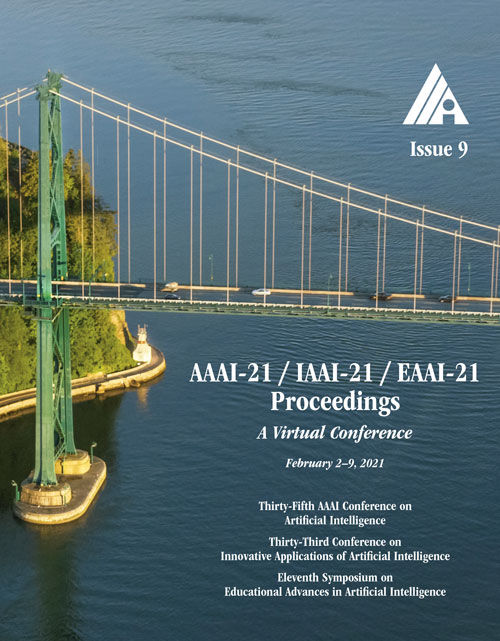Memory and Computation-Efficient Kernel SVM via Binary Embedding and Ternary Model Coefficients
DOI:
https://doi.org/10.1609/aaai.v35i9.17011Keywords:
Classification and RegressionAbstract
Kernel approximation is widely used to scale up kernel SVM training and prediction. However, the memory and computation costs of kernel approximation models are still too large if we want to deploy them on memory-limited devices such as mobile phones, smart watches and IoT devices. To address this challenge, we propose a novel memory and computation-efficient kernel SVM model by using both binary embedding and binary model coefficients. First, we propose an efficient way to generate compact binary embedding of the data which can preserve the kernel similarity. Second, we propose a simple but effective algorithm to learn a linear classification model with binary coefficients which can support different types of loss function and regularizer. Our algorithm can achieve better generalization accuracy than existing works on learning binary coefficients since we allow coefficient to be -1, 0 or 1 during the training stage and coefficient 0 can be removed during model inference. Moreover, we provide detailed analysis on the convergence of our algorithm and the inference complexity of our model. The analysis shows that the convergence to a local optimum is guaranteed and the inference complexity of our model is much lower than other competing methods. Our experimental results on five large real-world datasets have demonstrated that our proposed method can build accurate nonlinear SVM model with memory cost less than 30KB.Downloads
Published
2021-05-18
How to Cite
Lei, Z., & Lan, L. (2021). Memory and Computation-Efficient Kernel SVM via Binary Embedding and Ternary Model Coefficients. Proceedings of the AAAI Conference on Artificial Intelligence, 35(9), 8316-8323. https://doi.org/10.1609/aaai.v35i9.17011
Issue
Section
AAAI Technical Track on Machine Learning II

